|
New
Releases |
February 13, 2026

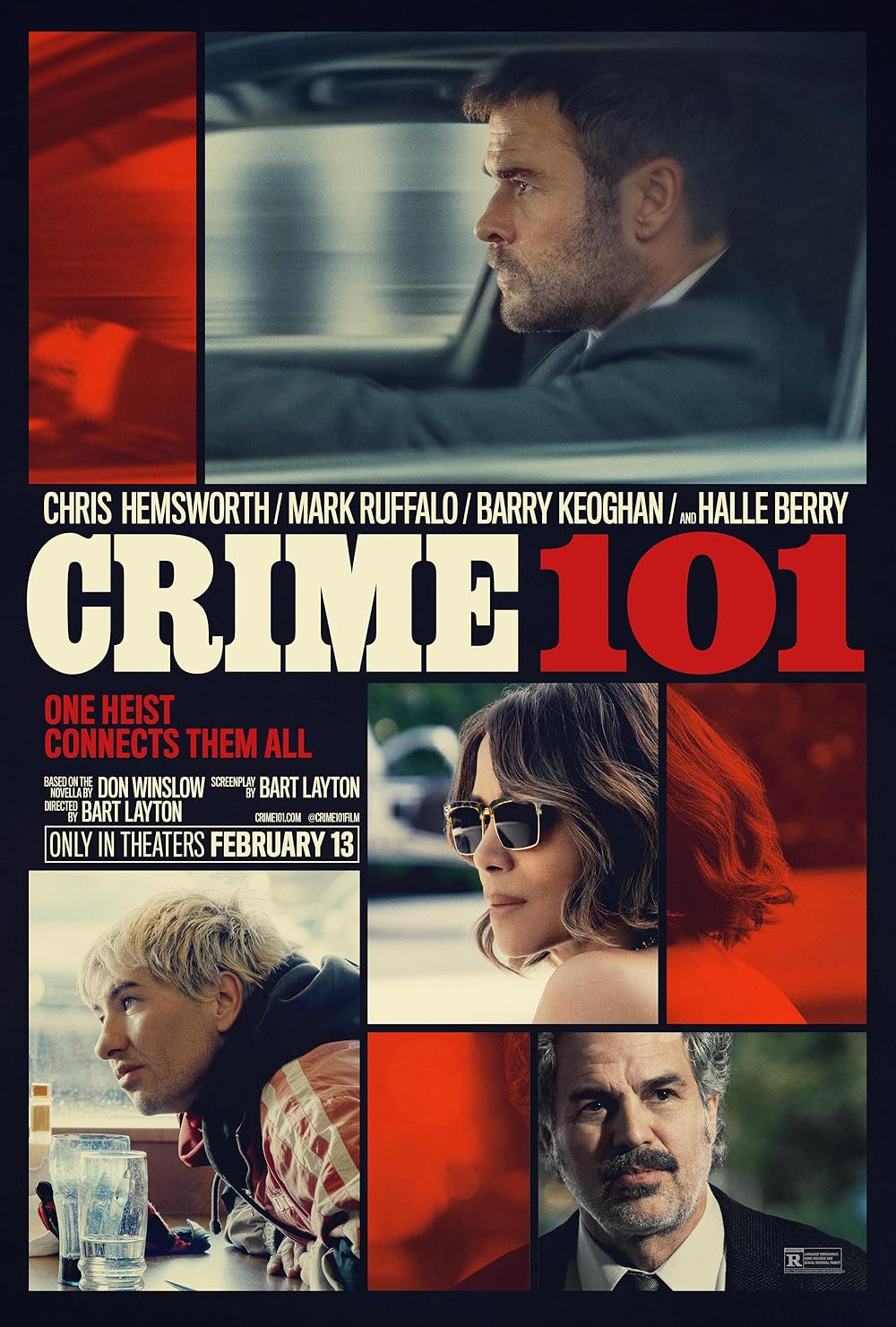

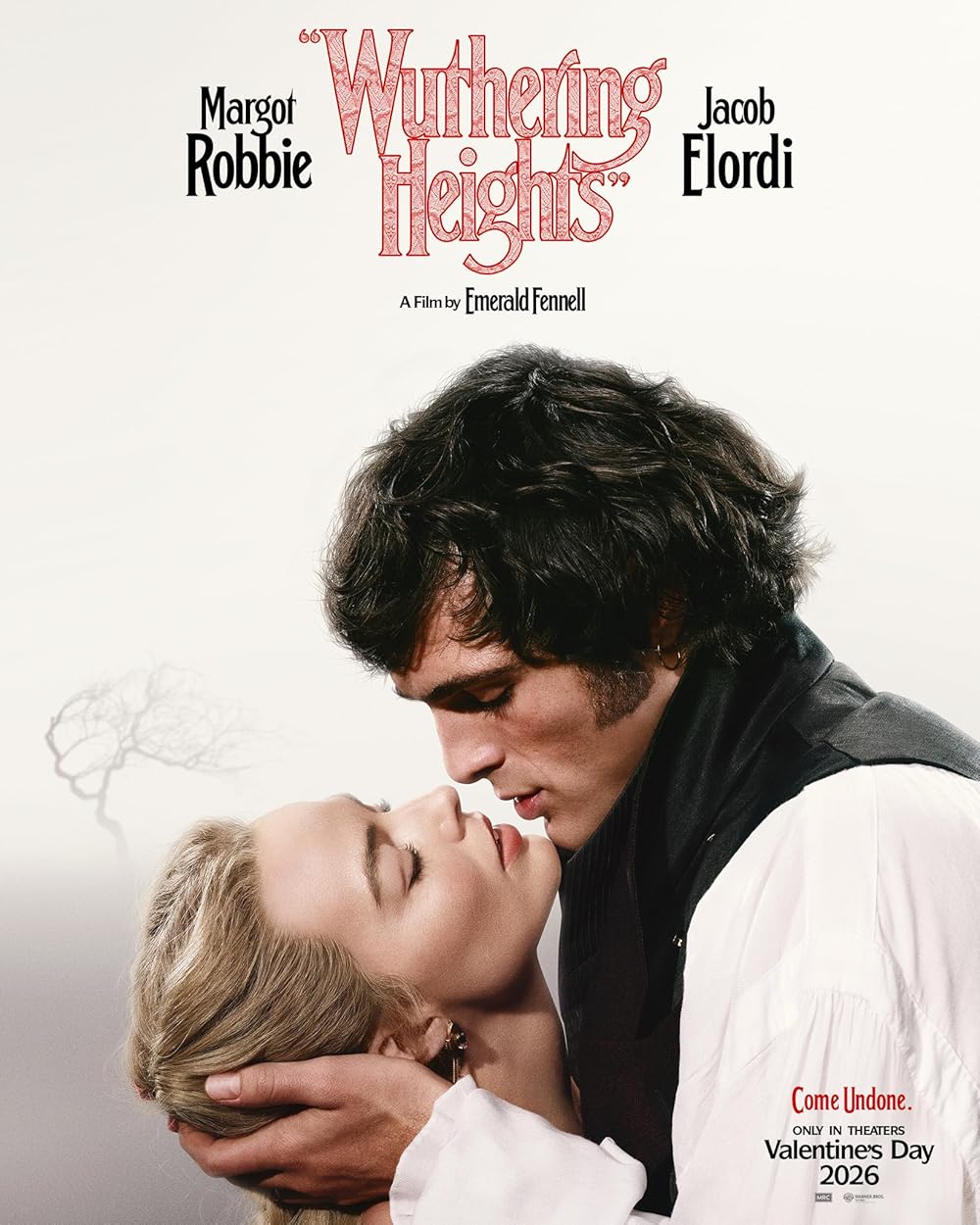 |
January 30, 2026
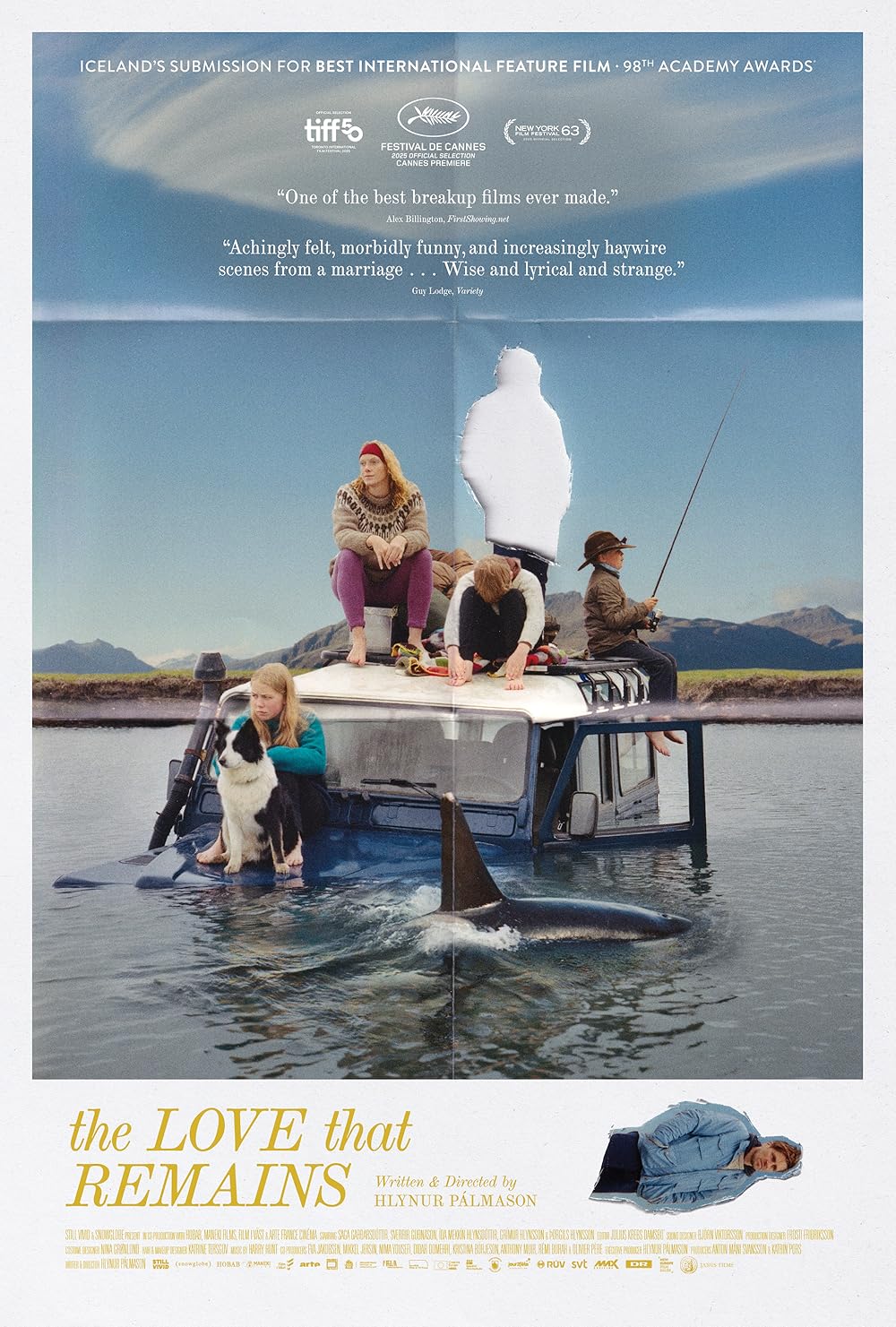


 |
January 16, 2026
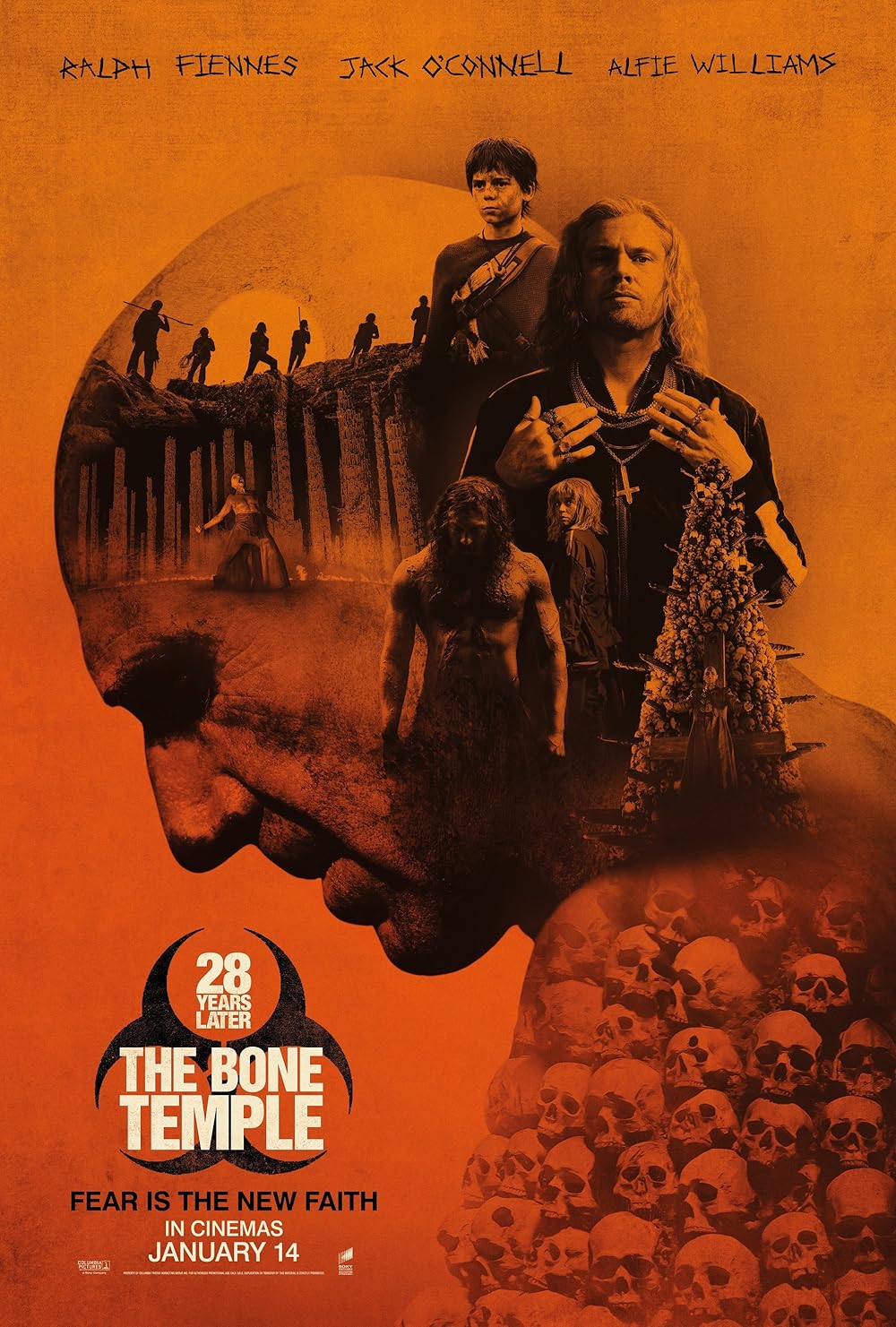
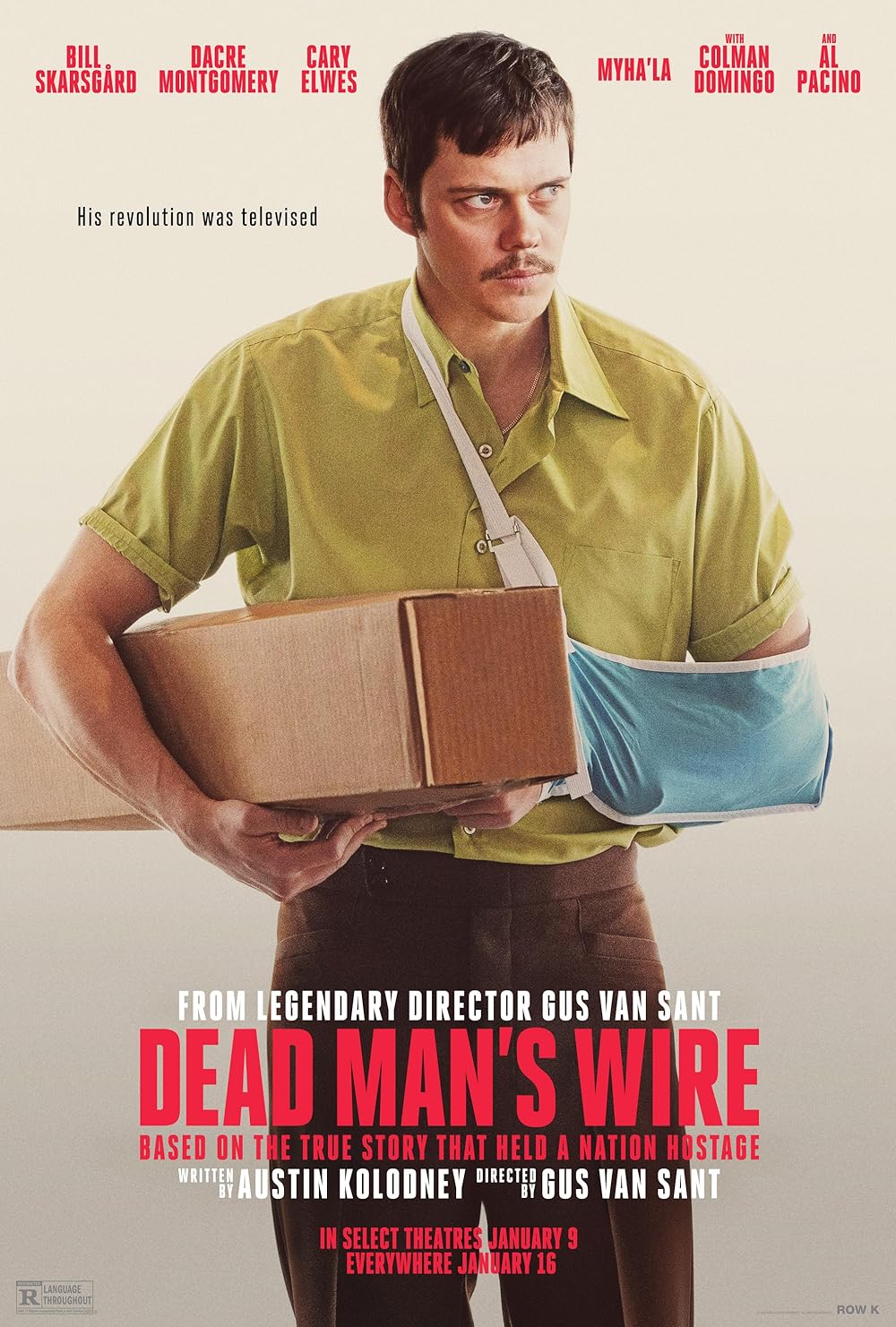
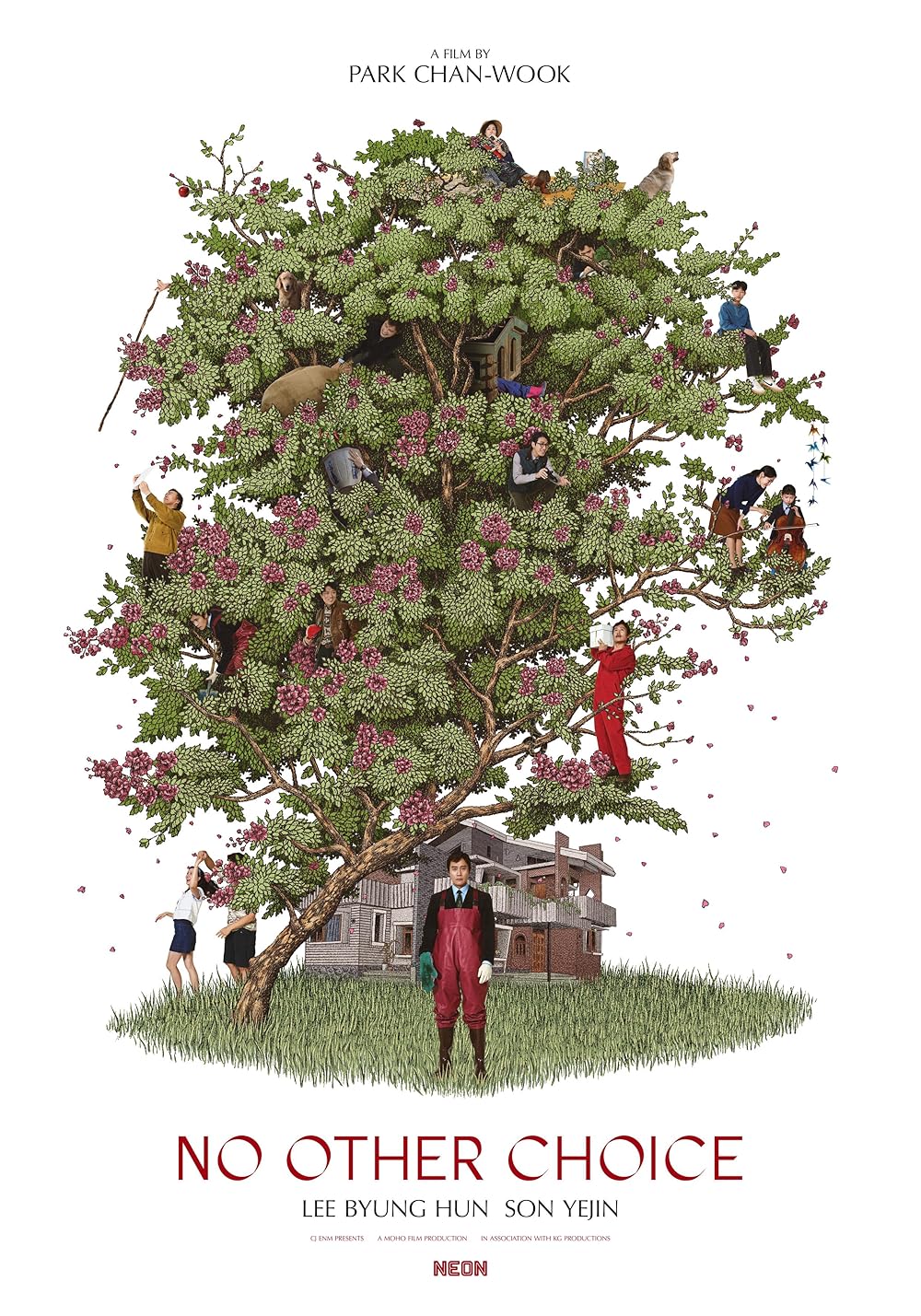
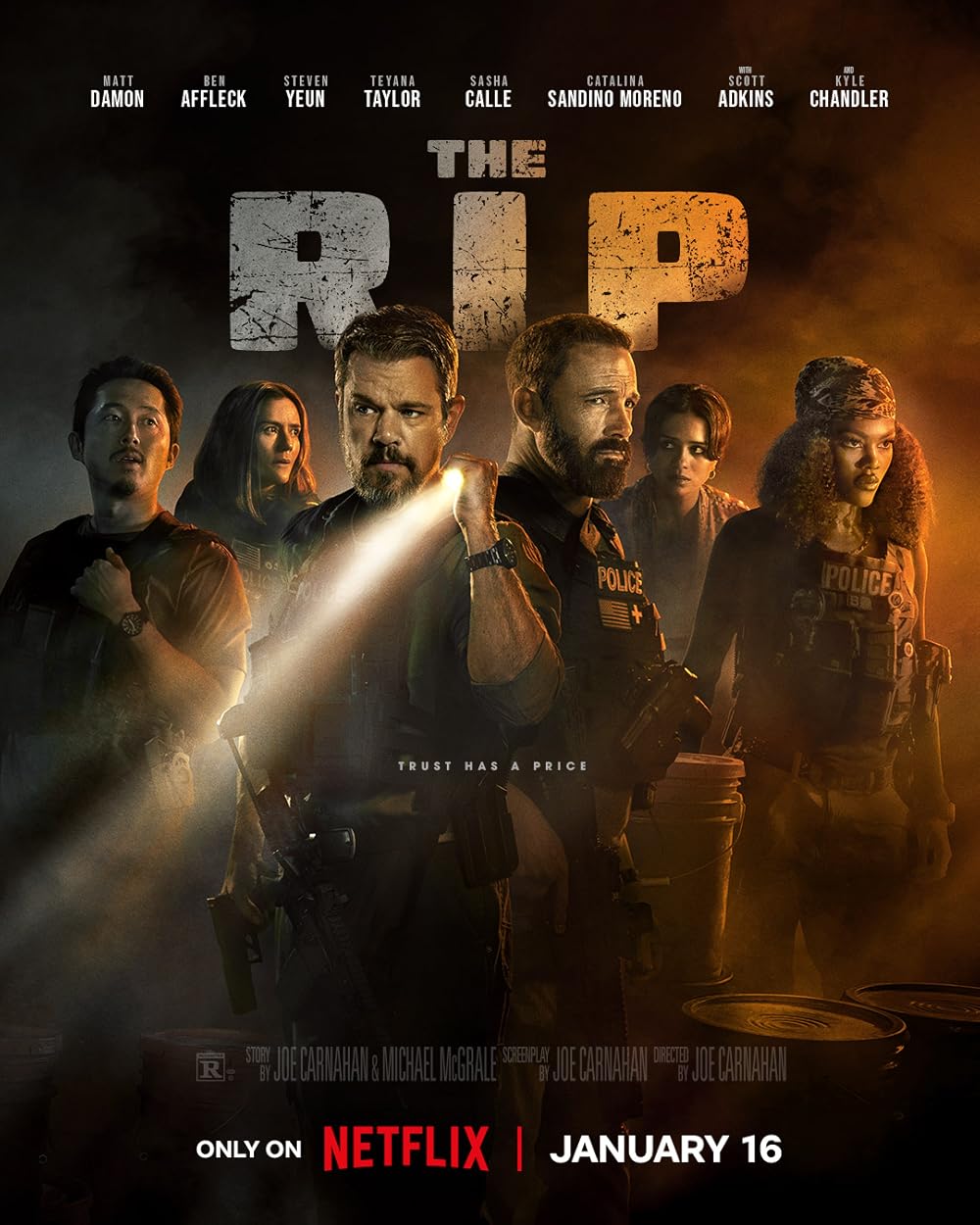 |
January 9, 2026
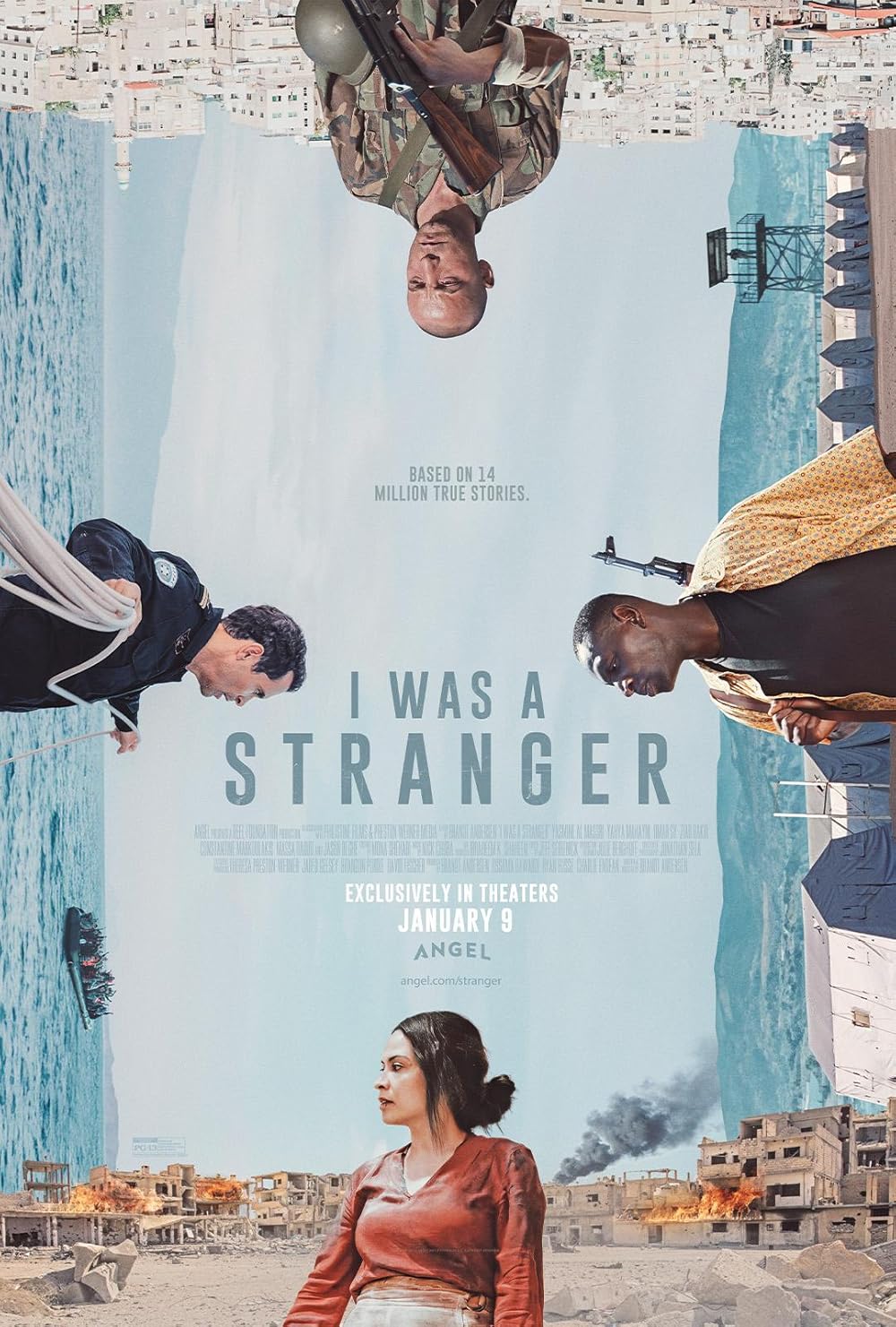
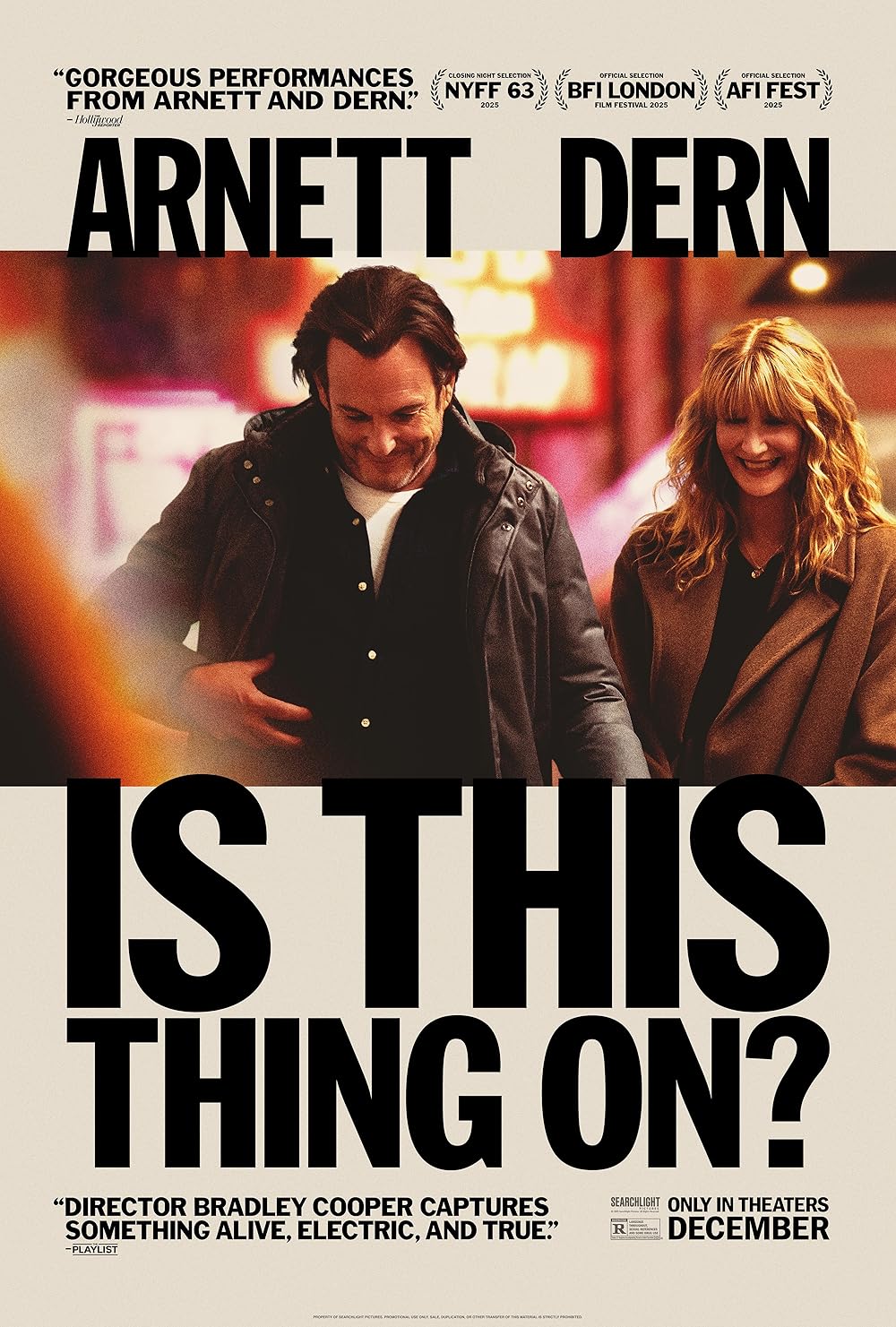 |
January 2, 2026
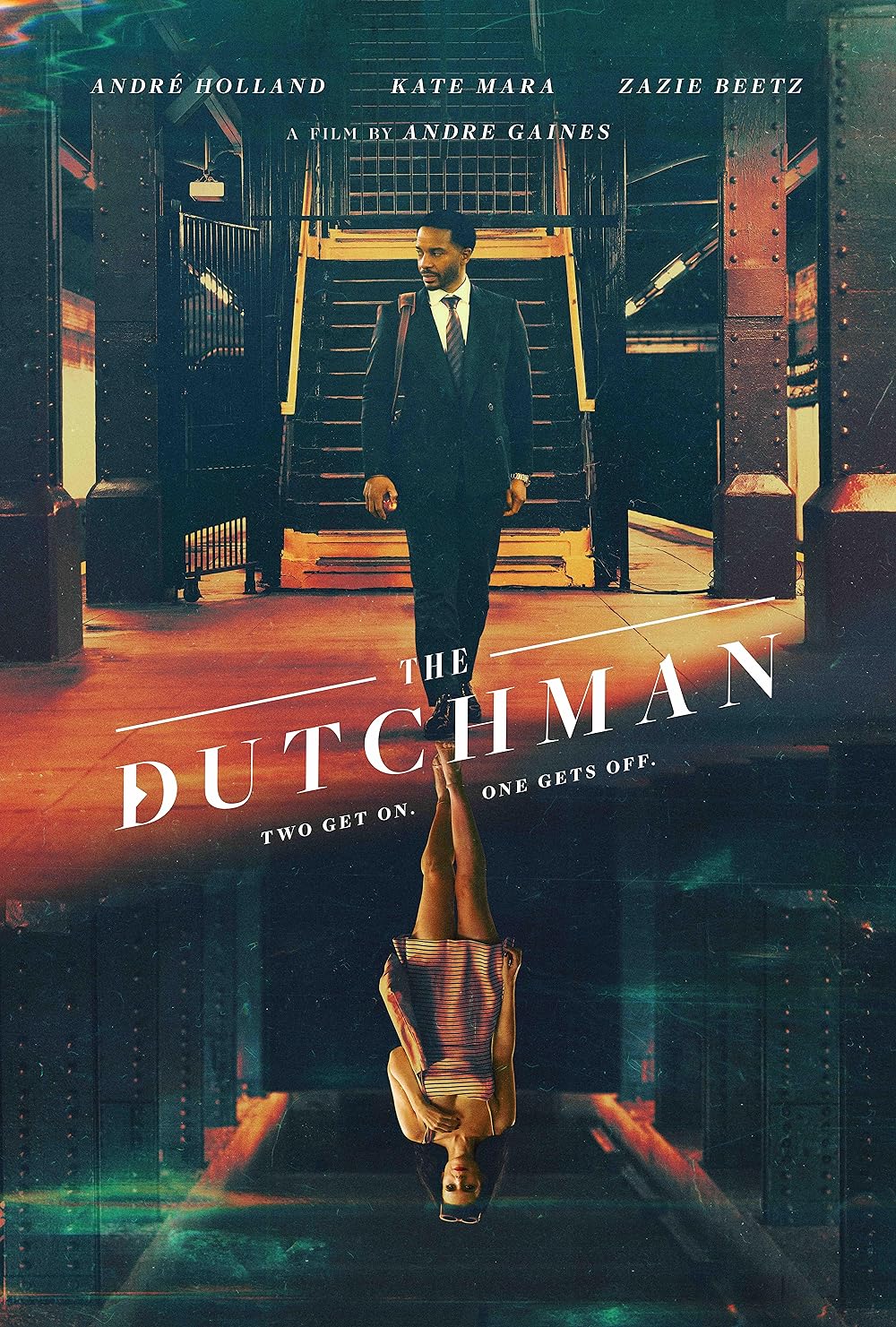

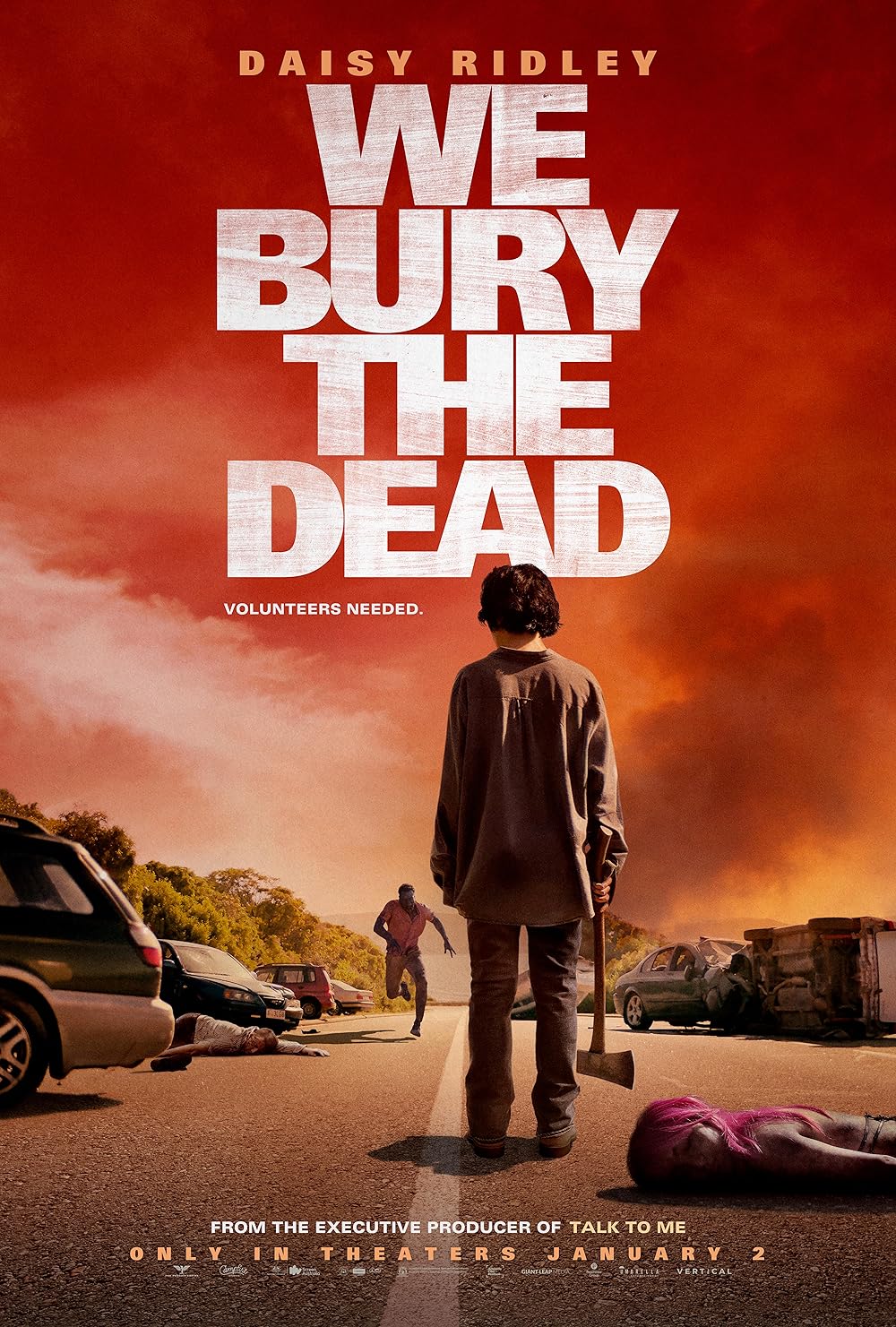 |
December 26, 2025

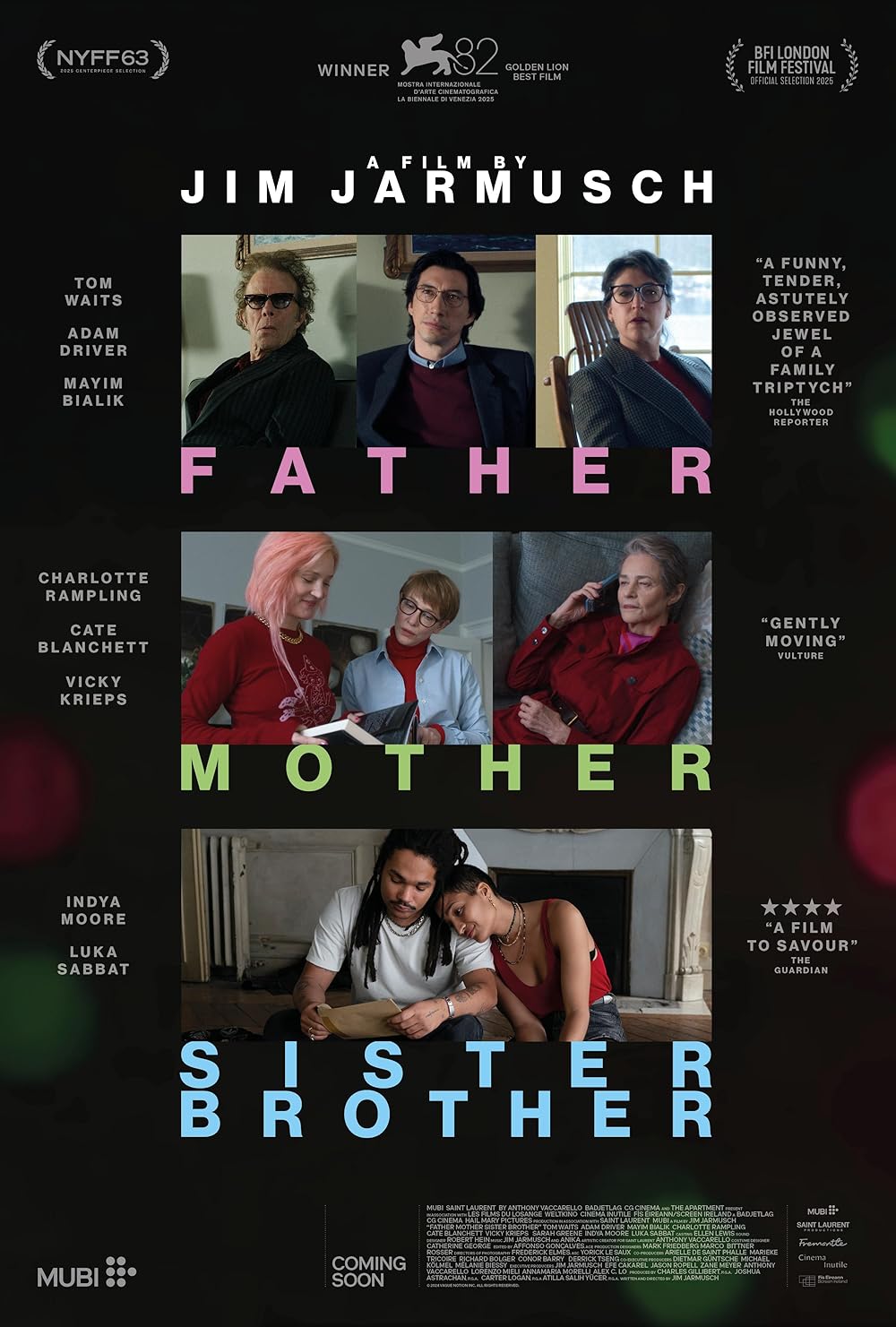
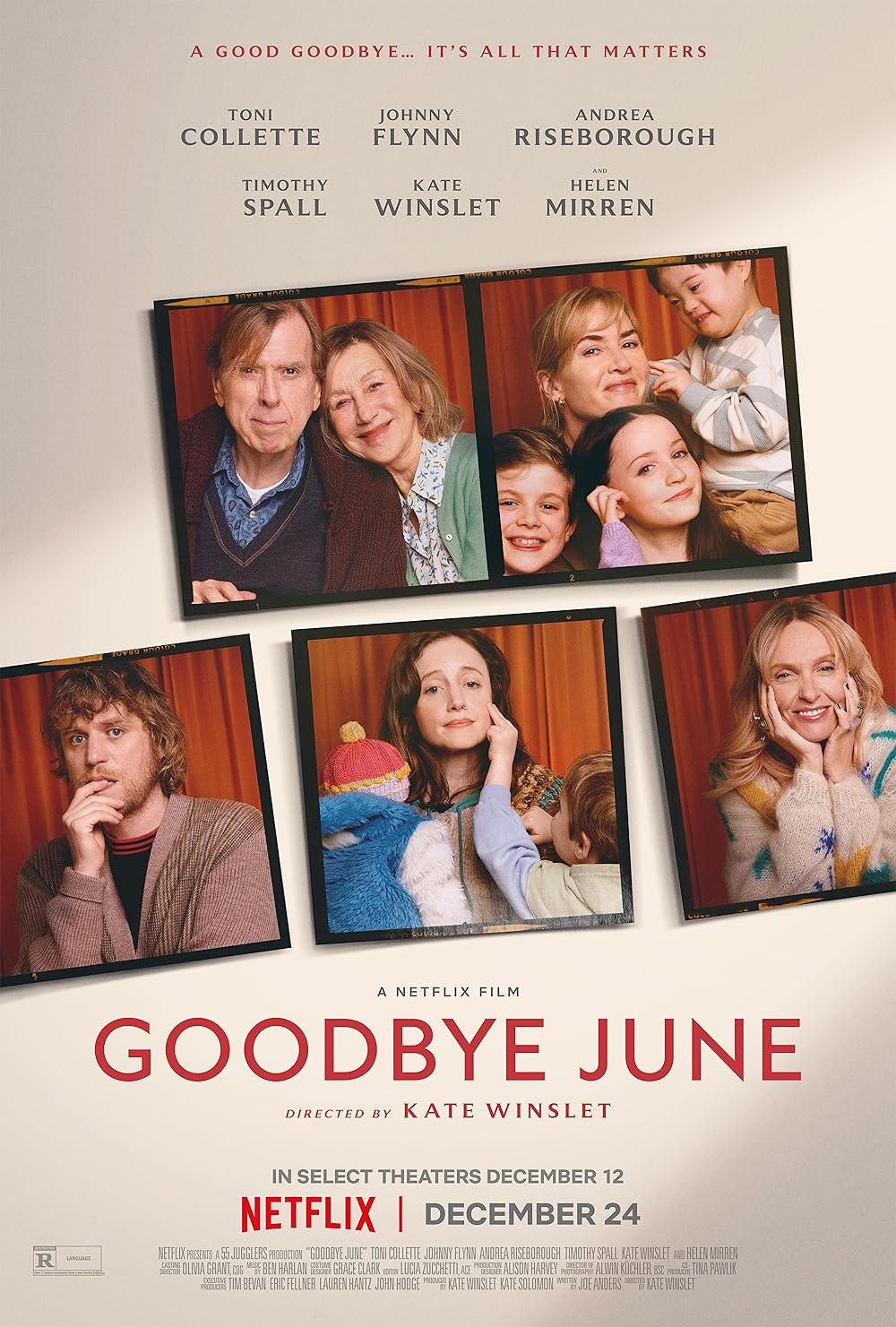


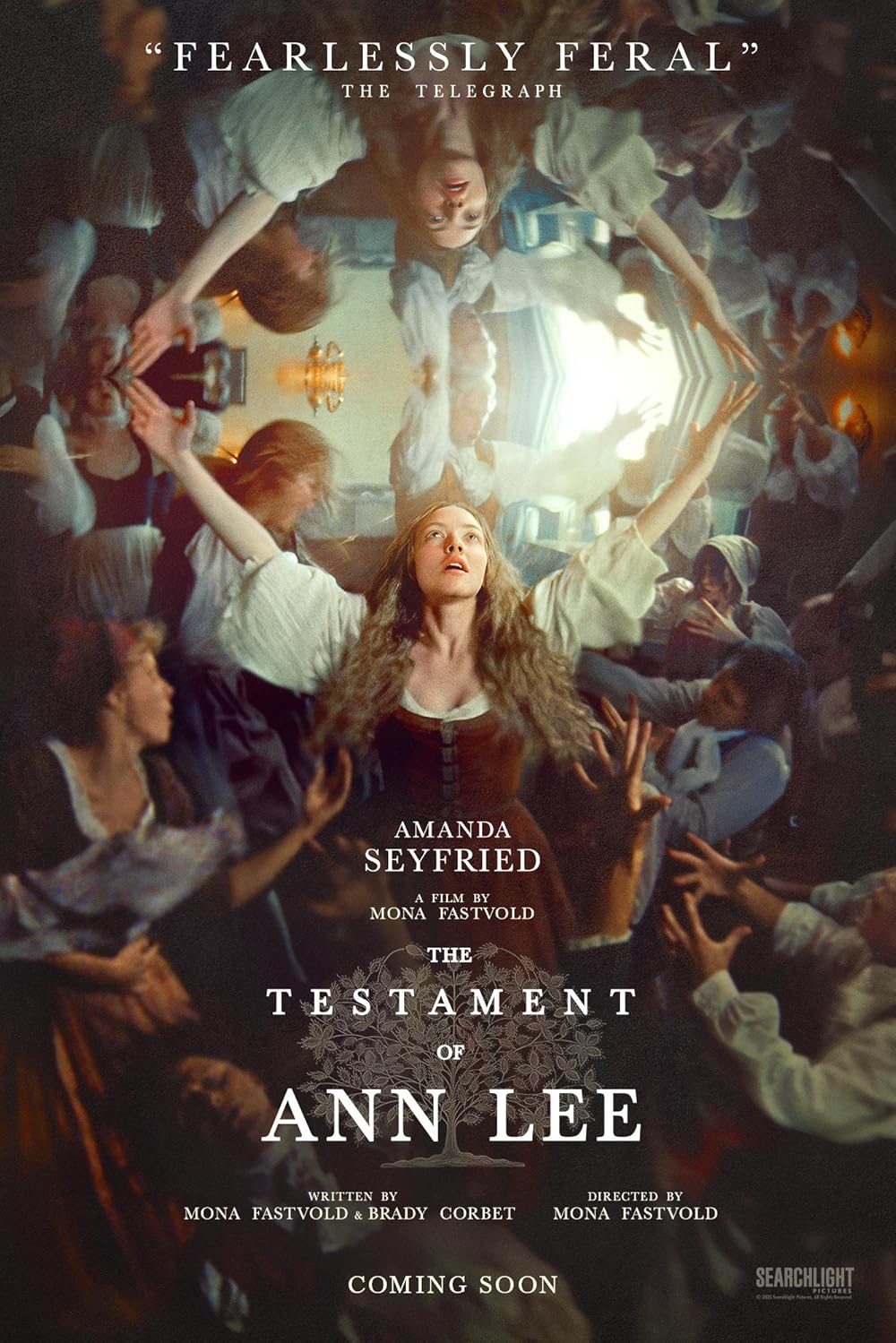 |
December 19, 2025


 |
|
|
|
Thelma and Louise
(1991)
Directed by
Ridley Scott

Review by
Zach Saltz
Thelma and Louise
is the mutation of two traditionally male genres of film -- the buddy
picture and the western -- to create a memorable portrait of two women
that embody the struggle of perhaps every woman to free herself from the
intrusive boundaries of the patriarchal society.
The buddy picture derives from the picaresque novel in which a
protagonist, often accompanied by his loyal friend or steed, encounters
colorful characters and situations that ultimately enhance his
perception of the meaning of what it is to truly live.
The western, meanwhile, is uniquely American in its ability to
portray rugged, rogue, dark figures as heroes in a wide-open yet
unforgiving landscape full of treachery and self-defense through means
of violence.
Since
Thelma and Louise has
elements of both, it obviously cannot solely be classified as one or the
other, or perhaps as anything, for that matter.
It is totally and ubiquitously its own story.
Can you think, for example, of another film or book featuring
sexy middle-aged outlaws on the lam who, through the course of their
abrasions and descent into crime, discover a deeper meaning of
themselves and their place in society? (OK, Marsha Kinder did, but we
can’t all be Swiss film connoisseurs).
There are
many things that make
Thelma and
Louise completely unique, but one thing that is not so unique are
the two protagonists.
We
know women like Thelma and Louise.
We know women who scrape for every extra cent they can find to
make a better life for themselves.
We know women who have made mistakes in their lives, whether it
be marrying the wrong man (Thelma) or killing someone to prove a point
(Louise).
But are these
really mistakes?
One could
argue that it is the hardships they experience that eventually enable
Thelma and Louise to seek out and find their liberation from oppression.
Before she discovers a certain enlightenment through the
capricious art of robbing truck stops, for instance, Thelma is a
sweet-faced, naïve, vulnerable child for whom Louise must act motherly
to keep in line (“Don’t be a child,” she tells her).
She does stupid things.
She is complacent to expose herself to the intricate workings of
rapists and con men, and is so timid that she can’t even tell her pig
husband off in person, so she writes him a polite note telling him her
weekend plans with Louise.
She is the “old” woman.
Louise, on
the other hand, is more shrewd, capable, cynical, and rather ingenious.
She is a few crucial years older than Thelma, and, through subtle
details, it is revealed that she too once made the same mistake that
Thelma made in the honky-tonk (the incident in Texas, presumably a
rape).
The incident has
left her jaded toward men (reasonably so) and characterized her
relationship with her boyfriend, Jimmy, as somewhat doormat,
characterized by some nice conversations and good sex, but ultimately
meaningless and going nowhere.
She is the “new” woman, independent and employed, but still
searching for happiness.
I think the
film is less a collision between the “old woman” and the “new” but more
about how all women must coexist and work together to transcend the
parameters of conventional women’s roles.
The three “bad” men in the movie -- Daryl, the rapist, and the
incendiary truck driver -- are defeated at the hands of Thelma and
Louise.
This shows that
women, when in cohesive arm-in-arm, are capable of overcoming male
adversity.
But not all men
are evil.
I especially
liked how the film showed the housewife-cum-outlaw not running away from
men per se, but running away from the conventional model of suburban
housewife.
After all, I
even found the characters of Jimmy and Harvey Keitel’s Slocumb
legitimate in their concern for the well-being of the women (which
alleviates any criticism that the film may be altogether man-bashing).
And then
there’s the ending.
This is
where viewers will certainly differ in their interpretation of events.
On the one hand, Thelma and Louise have indeed escaped a
seemingly inescapable situation and what’s even more amazing is that
they have done it together.
Their gradual learning and loving through the wavy roads of the great
west have superseded their ultimate fate.
But some will not see the message as happy and escapist.
Some, like myself, are unnerved by the notion the film seems to
harbor -- that to truly be strong and compassionate, it takes an act of
such ferocity and strong will that all others before seem menial.
It feels as if director Ridley Scott and writer Callie Khouri
have taken the easy way out; I would have liked to see the women, who
have grown so strong through the course of their journey, get out of the
car and stand up for their rights rather than giving in to the
calamitous circumstances.
But, yes,
the ending is wholly symbolic, though admittedly a tad dire.
Running off the cliff in a media circus of cops and guns is
certainly better, I guess, than a dead-end husband and menial job.
Or more romantic, at least.
But what is this supposed to say to the oppressed Thelmas and
Louises who go to see this film?
The final montage, with the insidious country music, is downright
sappy and stupefyingly obvious, arbitrarily reminding the viewer that
this is a happy movie.
It
undermines the importance of the ending.
I’d like to hope that strong women could express themselves
before abruptly jumping off the cliff, like Virginia Wolf or Sylvia
Plath.
But maybe that’s too
much to ask.
It’s a feat in
itself to have a bawdy, fun adventure that shows women as rogue outlaws
and heroes rather than men -- a true rarity in cinema today.
Rating:

|
|
New
Reviews |
2023 PINOT BEST PICTURE
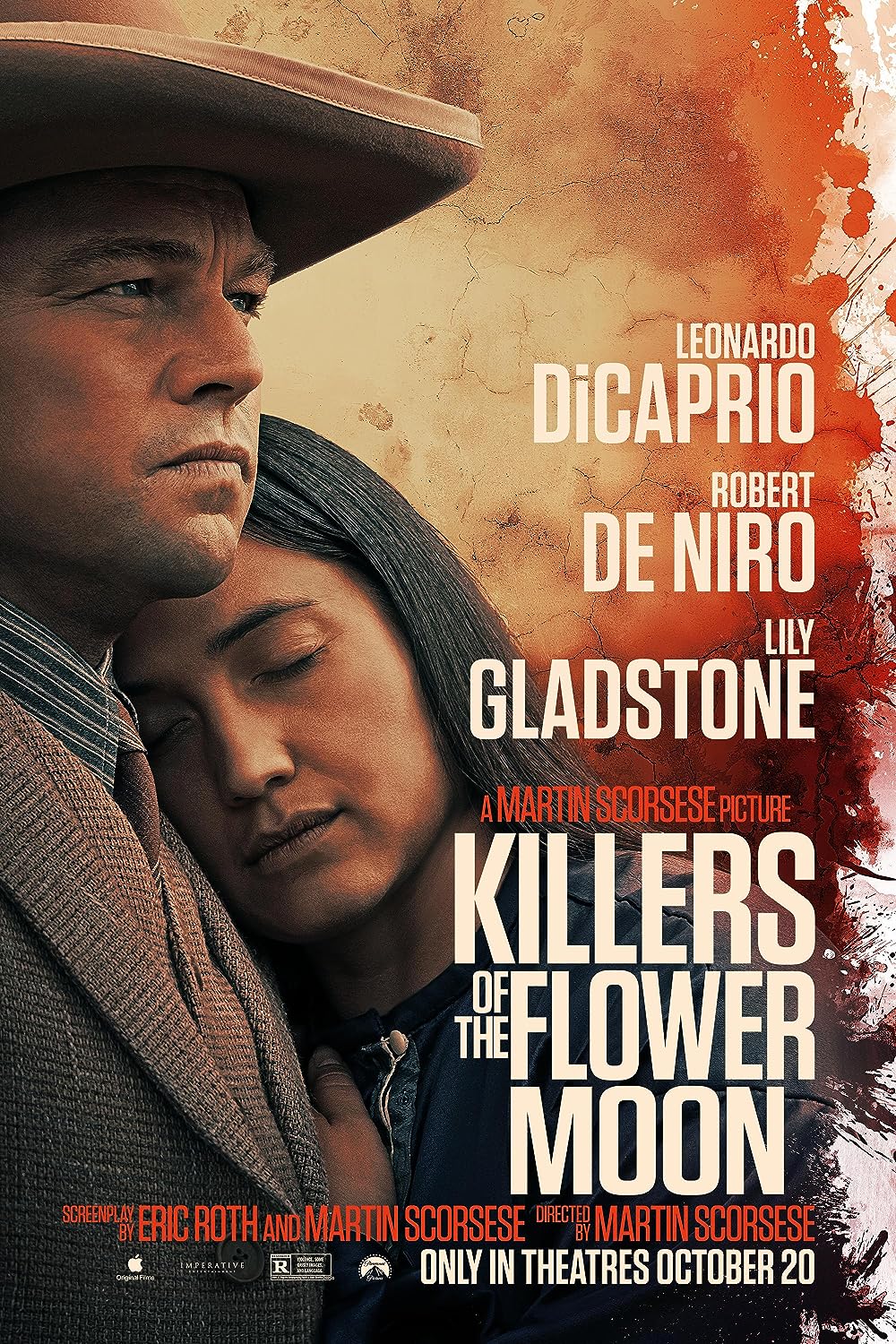
PODCAST DEEP DIVE |

Podcast Featured Review |

Podcast Featured Review |
Todd #4 Most Anticipated

Podcast Review - Todd |

Podcast Review - Adam |

Podcast Review - Zach |
Top 10 Blindspot

Podcast Review - Adam |
10th Anniversary

Podcast Oscar Review - Terry |
30th Anniversary

Podcast Oscar Review - Terry |
2025 PINOTS

Nominations & Debates |
2024 Pinot Best Picture

PODCAST DEEP DIVE |

Podcast Featured Review |

Podcast Review - Todd |

Podcast Review - Zach |
Top 10 Blindspot

Podcast Review - Adam |
10th Anniversary
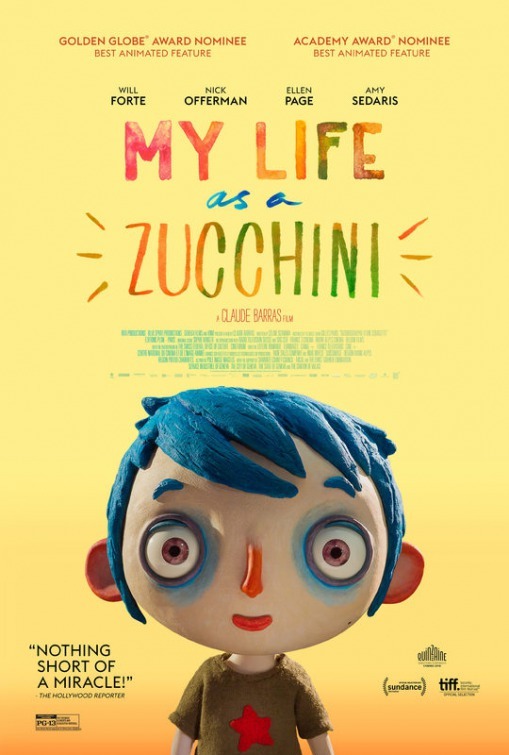
Podcast Oscar Review - Terry |
20th Anniversary
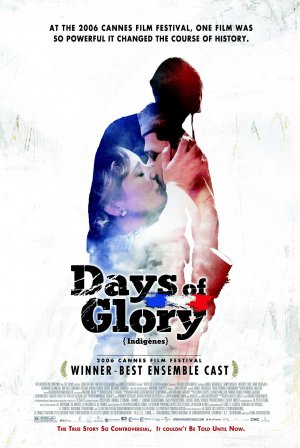
Podcast Oscar Review - Terry |
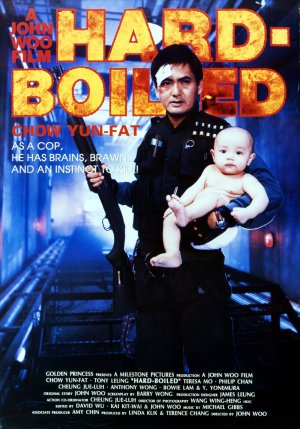
Podcast Review - Zach |
TOP 10 FILMS OF 2025
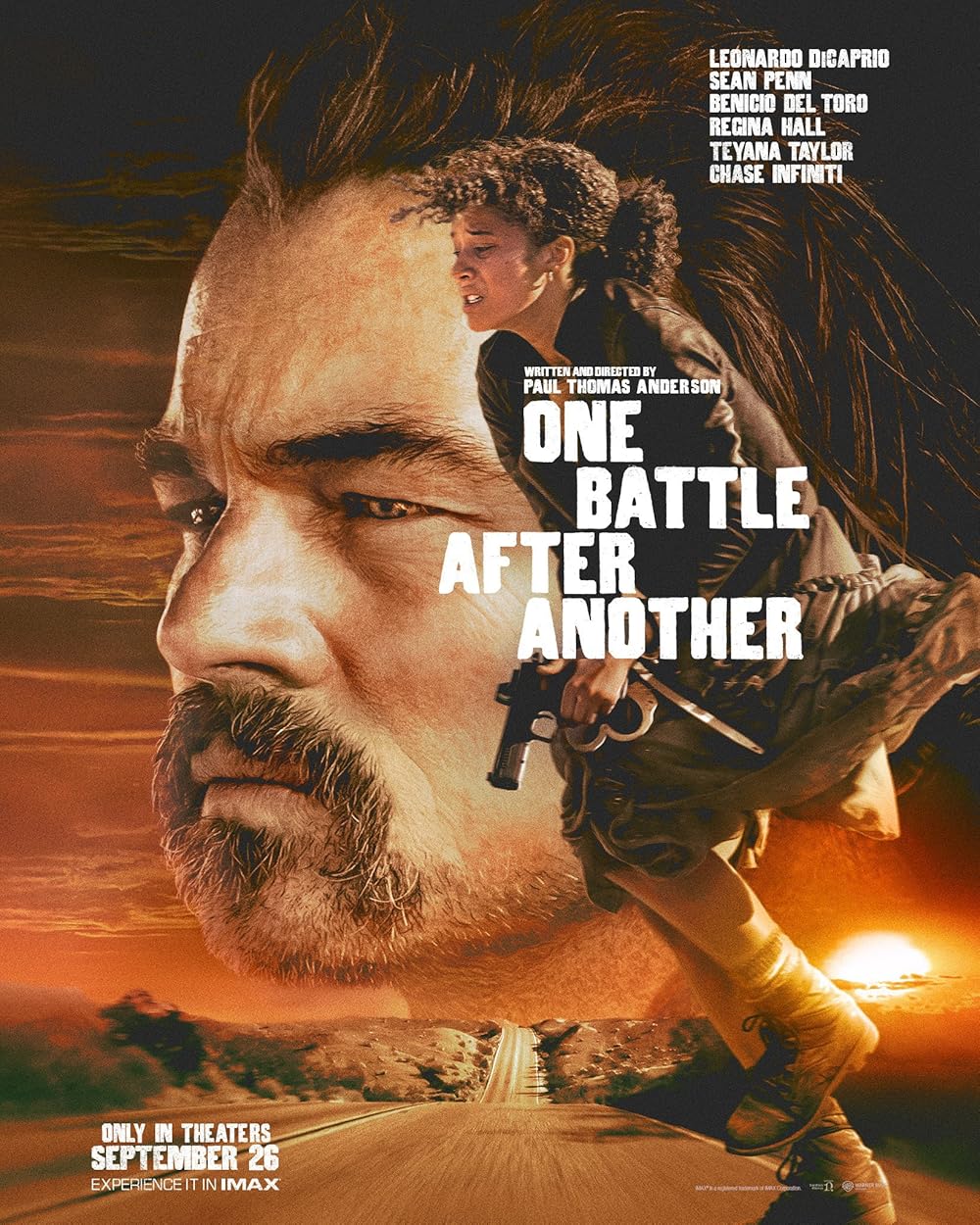
LIVE ON YOUTUBE!!! |
Reactions to the Nominations
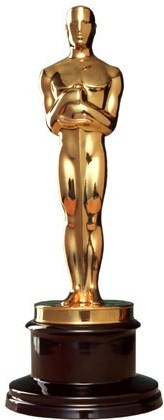
Written Article - Todd |
2026 Oscar Predictions: Final

Written Article - Todd |
Todd Most Anticipated #5

Podcast Featured Review |

Podcast Review - Todd |

Podcast Review - Terry |
|
|
|